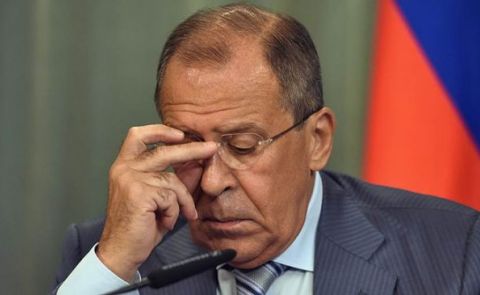
Extraordinary parliamentary elections will be held in Armenia in December 2018
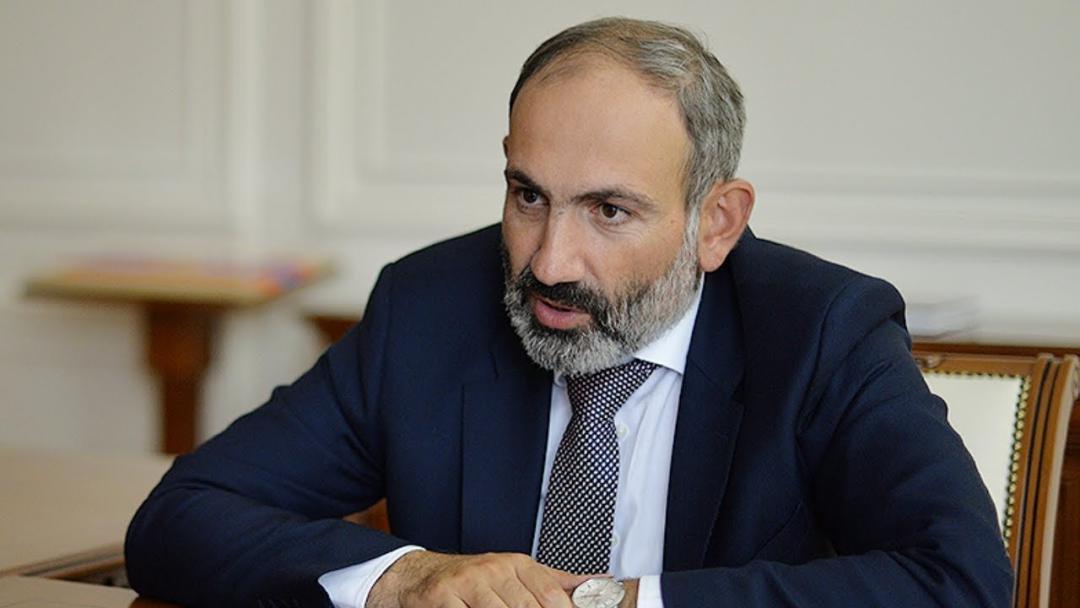
Author: Anna Vardanyan, special reporting for Caucasus Watch
The post-revolutionary period in Armenia ceased to be considered as quiet. The imperative of dissolving the parliament becomes inevitable for the prime minister Nikol Pashinyan, on the other hand, the former elite, who currently is the largest faction in the National Assembly, are looking for the ways and measures to suspend or at least extend that process.
So far, it is known that there is one mechanism for dissolving the Armenian parliament in early term, by the way of resignation of the prime minister. Under the Armenian constitution, fresh polls can be held only if the prime minister resigns and the parliament fails to replace him or her within two weeks. After the resignation of the prime minister, the parliament does not elect prime minister twice, for which there is a 14-day term, and the parliament is considered dissolved automatically afterwards, by virtue of law. Nikol Pashinyan considers the scenario of snap elections as one of the options. He also sees the risk that after his resignation the parliament may also elect a new prime minister and put himself and the public facing the fact. Therefore, according to the assessments, Nikol Pashinyan considers the way of surrounding the National Assembly by the public force and banning the MPs entrance to the building until the end of 14 days when the parliament will be dispersed by force of law. After the failure of the first stage of negotiations between Prime Minister and the Republican party, during of which the latter drastically rejected any chance to hold the extraordinary elections, the events started to develop in an impetuous pace.
On October 2 the three political forces represented in the parliament, the Republicans, Prosperous Armenia and the ARF Dashnaktsutyun, with joint partnership submitted a Statute Law amendment bill to the parliament and adopted it during the extraordinary convened session. According to that bill the 14-day period does not expire, because the work of session will be considered as interrupted, not failed. The essence of the bill is that in case of NA session is not being held for some reason, for example, because of blockade of the NA building by the people, it may be considered that the session has been interrupted, and has not taken place, and if the session is interrupted, it may continue a week or six months later. The bill was approved with 67 votes for and one vote “against”. Members of the Yelq parliamentary group which was headed by Nikol Pashinyan before his appointment as PM, followed PM’s call and did not register for the vote. Virtually, the two political parties, Prosperous Armenia and the ARF Dashnaktsutyun, who were voted for the Pashinyan’s appointment as PM in May, now sustain the Republican’s viewpoint and operate against the dissolution of the Parliament and snap elections for this stage.
Due to such rapid development of events in the end of the day Pashinyan urged supporters to rally outside the parliament building and block the entrances to the National Assembly. According to him, the introduction of such a bill testifies to the existence of “counter-revolutionary forces, counter-revolutionary political figures and deputies” in Armenia.
Several thousands of people were gathered quick and a protest action sparked in front of the National Assembly. The lawmakers could not leave the building, as the people standing in the street have blocked the entrance. Nikol Pashinyan joined the protestants and during his speech declared the extraordinary elections to be held in the beginning of December. He also informed people that the ministers and governors representing ARF Dashnaktsutyun and Prosperous Armenia party will be dismissed. PM urged the residents of Armenia’s provinces to take to the streets and demand snap parliamentary elections.
After his address Nikol Pashinyan has entered the parliament to hold negotiations with the factions. The crowd followed Pashinyan and approached the Parliament building. The talks continued for two hours, and Pashinyan went out of the building where he addressed the crowd sharing the results of negotiations. Pashinyan said that he has given verbal assurances by the parliamentary factions that in case of his resignation they will not nominate a PM candidate twice and the parliamentary elections will be held in December, as it is a citizens’ demand. Pashinyan added that in the near future he will resign from the post of PM but will continue his duties on a temporary post, which will not be an obstacle during the upcoming Francophonie Summit to be held in Armenia.
The co-rapporteur for the monitoring of Armenia by the Parliamentary Assembly of the Council of Europe (PACE), Yuliya Lovochkina (Ukraine, SOC), has today called on all political forces and players in Armenia to fully respect democratic principles and the rule of law, both in word and deed. “The elections to the Yerevan Council of Elders clearly showed the democratic aspirations of the Armenian people. At the same time, the turnout made it clear that public trust in the political process is still low. Therefore it is essential that the next parliamentary elections are perceived and accepted as democratic and fair by all political competitors and stakeholders. While we understand the call for early elections, we urge the authorities, and indeed all political stakeholders, to ensure that any early elections fully respect European standards and norms for democratic elections, and that all political forces have proper and sufficient time to prepare themselves for any such elections. This is especially important if the Electoral Code will indeed be changed, as some political stakeholders have called for. Any changes should fully respect Venice Commission guidelines, including as regards the stability of the electoral legislation, and be based on as broad as possible a consensus between all political forces,” said Ms Lovochkina. She emphasised that the need for sufficient time for proper consultation and consensus-building were even more important in the context of any possible constitutional changes, which should not be considered hastily.
See Also

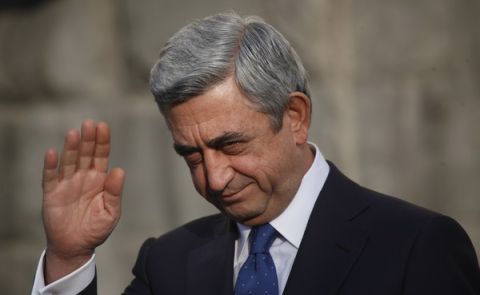
Serzh Sargsyan Rejects Charges, Backs Impeachment, and Warns of Secret Deals
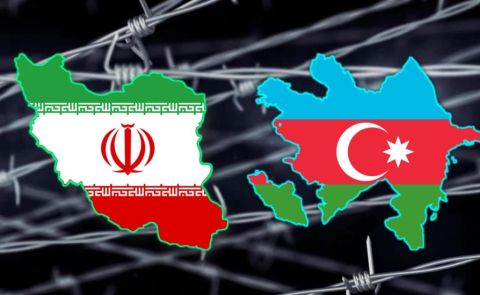
Azerbaijan Confirms Execution of Terrorist Behind Embassy Attack in Iran
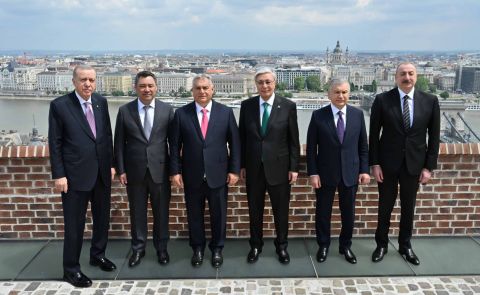
Turkic Leaders Adopt Budapest Declaration, Emphasizing Peace, Trade, and Digital Connectivity

International Officials Criticize Georgian Dream Amid Democratic Concerns

